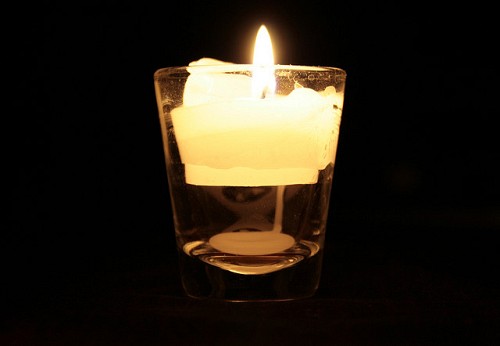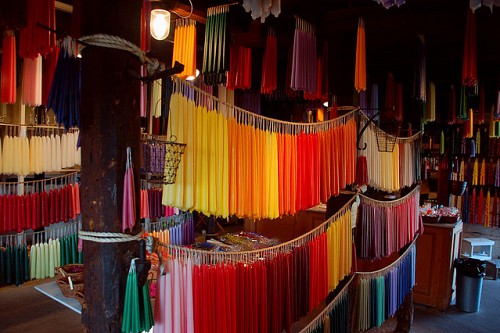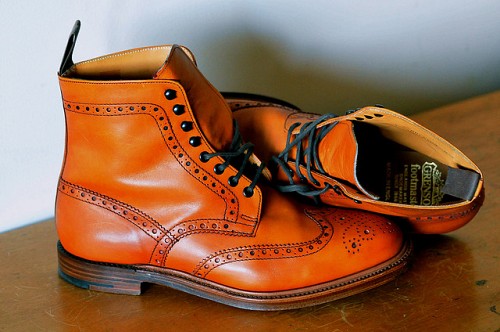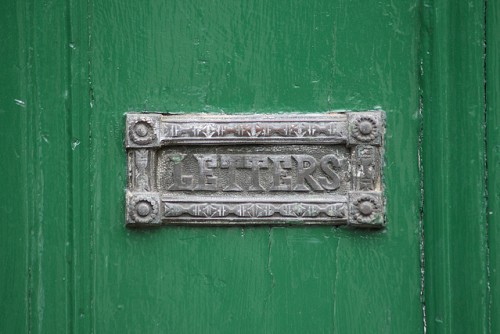7 Uses for Candle Stubs
This winter, it's likely you'll be burning a lot of candles; for entertaining, for ambient lighting, and perhaps for the occasional power outage. That means that you're inevitably going to end up with a larger number of one of our old enemies: wax candle stubs. What do you do with those little nubbins of wax that are too short to burn, but just large enough to make you feel guilty for tossing them? Read on to find out!
SAFETY NOTE: Please be careful when working with melted wax. It is flammable and it can cause fires. Make sure to have the heat on low at all times, and monitor the wax while it's over the stove. We don't want to hear about you needing a New York kitchen remodel after starting a fire!
1. Lubricant

Candle wax makes a great lubricant for certain kinds of projects. One of the best uses for wax is on sticky drawers; try running a stub along the edges of the drawer to smooth out the edges so it will open and close without a hitch. If the drawer is still sticking, you may need to sand it slightly, as it could be swollen from humidity. When neither of these tricks works, call a handyman; your furniture might need some surgery!
Wax can also be great for sticky zippers.
2. New Candles
Candle stubs can easily be melted down and turned into new DIY candles. Use a pot over low heat to slowly reduce the wax to liquid; then you have several easy options for candle creation.
To make classic dipped candles: cut a length of wick (available at craft stores), center your fingers or tongs in the middle, and lower it into the wax before raising it again. Allow that layer of wax to dry before dipping again, and repeat until your candle is the desired thickness. You can hang finished candles to completely dry and harden before storing them.
Dipped candles make great presents, in addition to lighting sources. If you're concerned about muddied colors from different candles, either combine wax ends wisely (rich red and white will make a pale Millennial pink, for example) or melt several separate pots of wax for candles in different colors and even rainbow dipped candles! You can also use candle dye.
Candle molds in various shapes and sizes are available, which make candlemaking a cinch for those who don't want to dip.
3. Candle glue
You know how new tapers always wobble when you put them into the candle holder, or candles tend to shift around when you set them out on trays? Your solution lies in candle stubs, which while too short to offer much light can still burn enough to produce a few drops of wax. That molten wax will act like glue to hold new candles down.
4. Firestarters
If you want a firestarter with some flare, dip a pinecone into melted wax and allow it to dry. The cones can sit around being decorative until you need to get a fire going -- the flammable wax will help establish flames once you light the fire. Add salt to the wax if you want some additional sparkle with your flames.
Alternatively, you can mix candle wax and dryer lint in cardboard egg cartons. It doesn't look very attractive, but it works very well as a fire starter: simply tear off an egg cup and toss it into the fire to help it get started.
5. Wax-resist dying
Several cultures use wax-resist dye to make colorful, stunning fabrics, such as batik. To give it a whirl, you'll need a candle stub, fabric dye, and, of course, a length of natural fabric (cotton and silk are the most common). Use the stub to draw designs on the fabric before dipping the cloth into the dye and processing it -- the result will be a gorgeous design. Here's a detailed tutorial from someone who visited the batik capital of the world.
6. Leather conditioner
Wax is one of the oldest materials used in leather conditioning. If you have a leather project that needs to be water-resistant as well as tough, try treating it with melted wax. Be aware that too many layers of wax cause the leather to stiffen, which may actually be the goal -- for example, some people in the Society for Creative Anachronisms treat their leather armor components with wax to create impact-resistant body protection. For something waterproof but a little less hard, just rub one or two layers of softened wax blended with olive or grapeseed oil into the leather.
7. Protect your packages
Don't you hate it when a package doesn't get where it needs to be? This tip from Yahoo! Shine is brilliant: rub the labels on your mail with wax before sending them out. The wax acts as a sealant, keeping the lettering intact even if your mail gets rained on.
Katie Marks writes for Networx.com.
Updated January 21, 2018.
Looking for a Pro? Call us (866) 441-6648

Remodeling Average Costs
Remodeling Contractors Experiences

Tile Backsplash Installation Turned Out Perfect

A Tile Grouting Job Well Done!!









